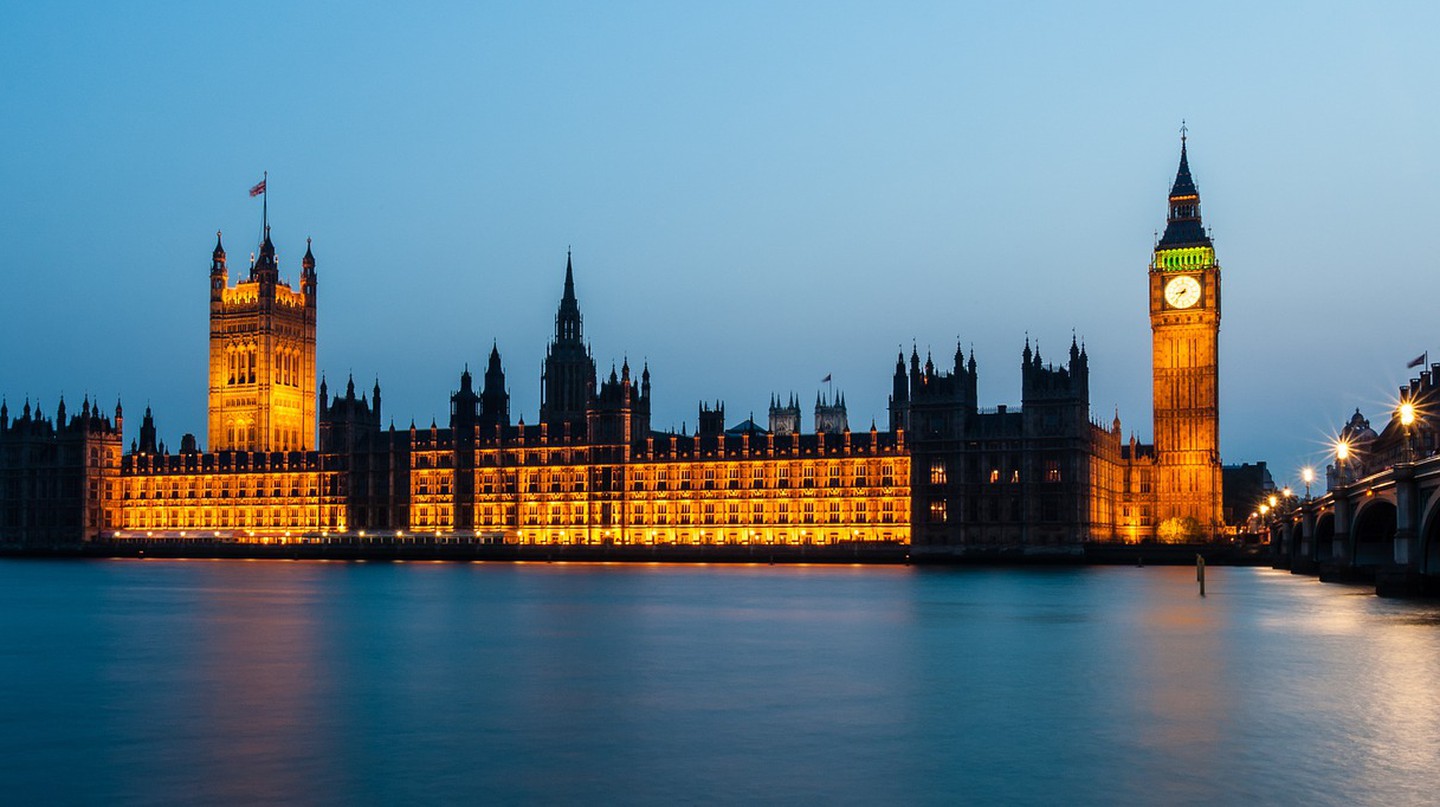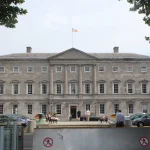Covid infections rising.
The launch of a public inquiry into the handling of covid.
Prime Minister Boris Johnson facing more questions.
Halfway through 2022 it might have felt like a re-run of the past 6 months.
Except the political landscape had shifted dramatically as the governing Conservative party lost two byelections and more than 40% of its MPs voted no confidence in Johnson as their leader in the wake of the Partygate scandal.
On June 29 Parliament’s privileges committee opened its inquiry into whether the prime minister misled Parliament over parties in Number 10 Downing Street during covid lockdowns.
The cross-party committee of seven MPs has a Conservative majority but will be led by former deputy Labour deputy leader Harriet Harman.
And the prime minister finally announced the launch of a long-promised public inquiry into covid – only days after bereaved families warned they could take legal action against the government over delays.
Hearings were planned next year as it aims to identify lessons from the government’s handling of the pandemic.
In the meantime Johnson refused, three times, to rule out a snap early election that might give him a chance to cling on to power.
Johnson’s government has tried to focus attention on the cost of living crisis and the war in Ukraine but the pandemic and its consequences have remained a looming backdrop to politics in the UK for months.
Health experts warned at the end of June about the UK hitting its fifth wave of coronavirus as cases rose sharply – up 23 per cent week on week at June 18 to 1.7 million people infected – and hospital beds with covid patients up 37% – at similar levels to winter demand on beds.
The increase is being driven by recent BA.4 and BA.5 Omicron variants which like other variants in 2022 appeared to be highly infectious but less lethal.
There was no sign the UK government was planning special measures or advice other than promoting vaccine booster shots.
On June 23 voters in two widely different byelections voted overwhelmingly against the government.
In Devon’s Tiverton and Honiton the Liberal Democrats overturned a 24,000 vote majority for the previous Conservative MP and in Yorkshire’s Wakefield Labour won back a seat it had lost in Johnson’s 2019 election sweep.
Conservative Party chairman Oliver Dowden resigned in the wake of the results.
On June 6 Johnson won a vote of no confidence from his MPs but the number of rebelling MPs – 148 of 359, 41% – was widely interpreted as a threat to his continuing leadership and was the worst verdict on a sitting prime minister by their own party in recent times.
Current party rules prevent another vote of no confidence for the next year but there are signs of a campaign by rebels to take control of the party backbench committee and change those rules.
Covid infections up
UK covid data
Covid worldometer
Parliamentary privileges committee opens inquiry
Public inquiry into covid
Johnson refuses to rule out a snap election
Conservatives lose two byelections
Byelections analysis – BBC
Liberal Democrats win Tiverton and Honiton
Labour wins Wakefield
Conservative Party chairman Oliver Dowden resigns
No confidence vote
Tory rebels plot party committee takeover
Sue Gray report on Partygate








